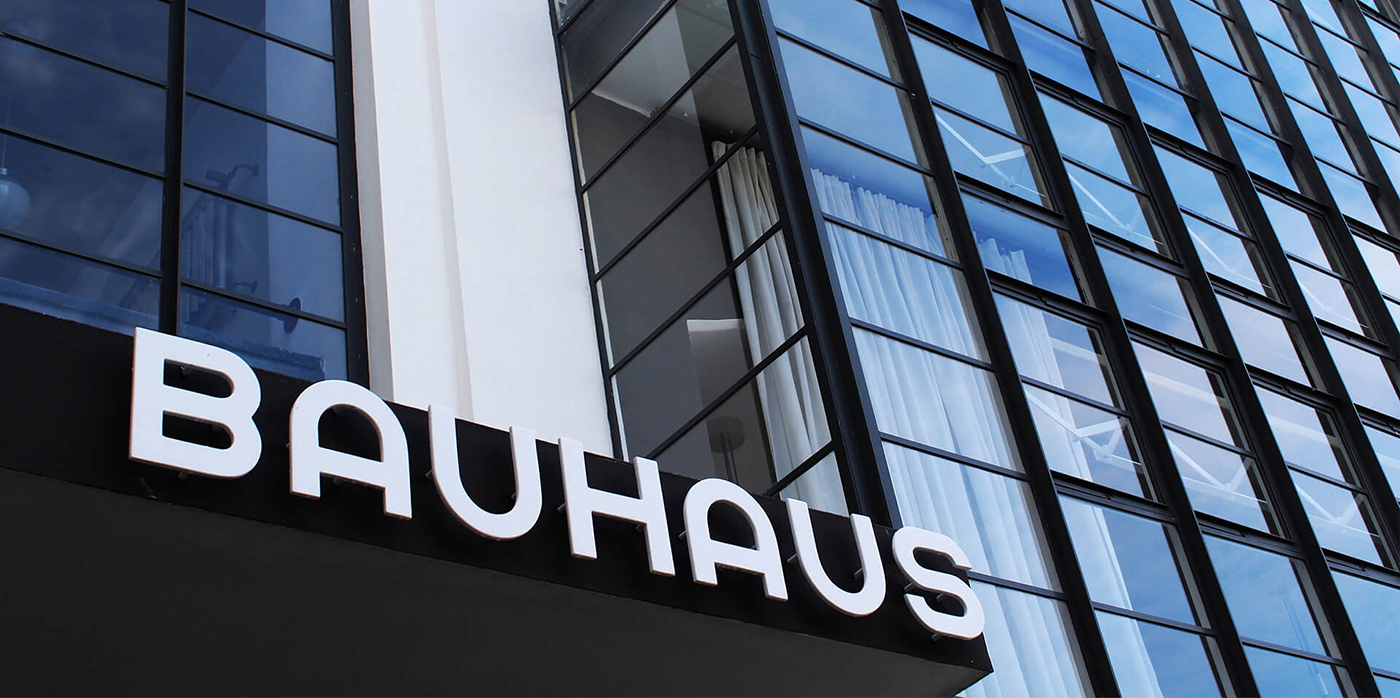European Commission Unveils Further Details of New European Bauhaus
The European Commission has published the framework, core principles and key actions that will guide the New European Bauhaus as it moves from the co-design to the delivery stage.
The European Commission has provided further details about its New European Bauhaus project as it moves from its co-design to the delivery stage.
The New European Bauhaus is an environmental, economic and cultural project, intended to be the channel through which individual citizens feel the tangible benefits of the European Green Deal. The objective of the New European Bauhaus is to articulate, in an innovative way, its three core values of:
- Sustainability (including circularity).
- Aesthetics (and other dimensions of the quality of experience beyond functionality).
- Inclusion (including accessibility and affordability).
In its co-design phase, the project benefitted from the views and experiences of thousands of citizens, professionals and organisations across the EU who shared their thoughts on how the way society lives together could be strengthened in line with the New European Bauhaus’ values. This feedback has inspired the Bauhaus’ thematic axes, which will guide the initiative’s implementation:
- Reconnecting with nature.
- Regaining a sense of belonging.
- Prioritising the places and people that need it most.
- Fostering long term, life cycle and integrated thinking in the industrial ecosystem.
Additionally, three key principles have been identified, through which the European Commission will direct various funding opportunities related to the New European Bauhuas. These take the form of the following three key interconnected transformations that will guide the project:
- Places on the ground – Supporting the concrete transformation of the built environment and associated lifestyles at local level.
- Enabling environment for innovation – Supporting innovation aimed at integrating sustainability, inclusion, and aesthetics in new solutions and products.
- Diffusion of new meanings – Questioning perspectives and mindsets around the core values of aesthetics, sustainability and inclusion.
The European Commission confirmed that there will be around €85 million dedicated to New European Bauhaus projects from various EU programmes in 2021-2022. Many other EU programmes will integrate the New European Bauhaus as an element of context or priority without a predefined dedicated budget.
EU programmes that will support the project include Horizon Europe (notably the Horizon Europe missions), the LIFE programme for the environment and climate action, and the European Regional Development Fund. In addition, the Commission will invite the Member States to use the New European Bauhaus core values in their strategies for territorial and socio-economic development and to appoint a New European Bauhaus contact to coordinate local efforts.
Other actions announced by the Commission include the creation of a New European Bauhaus Lab, which will work with all interested stakeholders to co-create, prototype and test the tools, solutions and policy actions that will lead to tangible results, as well as a New European Bauhaus Festival, which will run for the first time in spring 2022. The first edition of the festival will take place in Brussels and will thereafter run annually, ideally in places located both in and outside the EU.
President Ursula von der Leyen said:
‘The New European Bauhaus combines the big vision of the European Green Deal with tangible change on the ground. Change that improves our daily life and that people can touch and feel – in buildings, in public spaces, but also in fashion or furniture. The New European Bauhaus aims at creating a new lifestyle that matches sustainability with good design, that needs less carbon and that is inclusive and affordable for all.’
The announcement can be read in full on the European Commission’s New European Bauhaus website.
(This report was the subject of a ResearchConnect Newsflash.)

